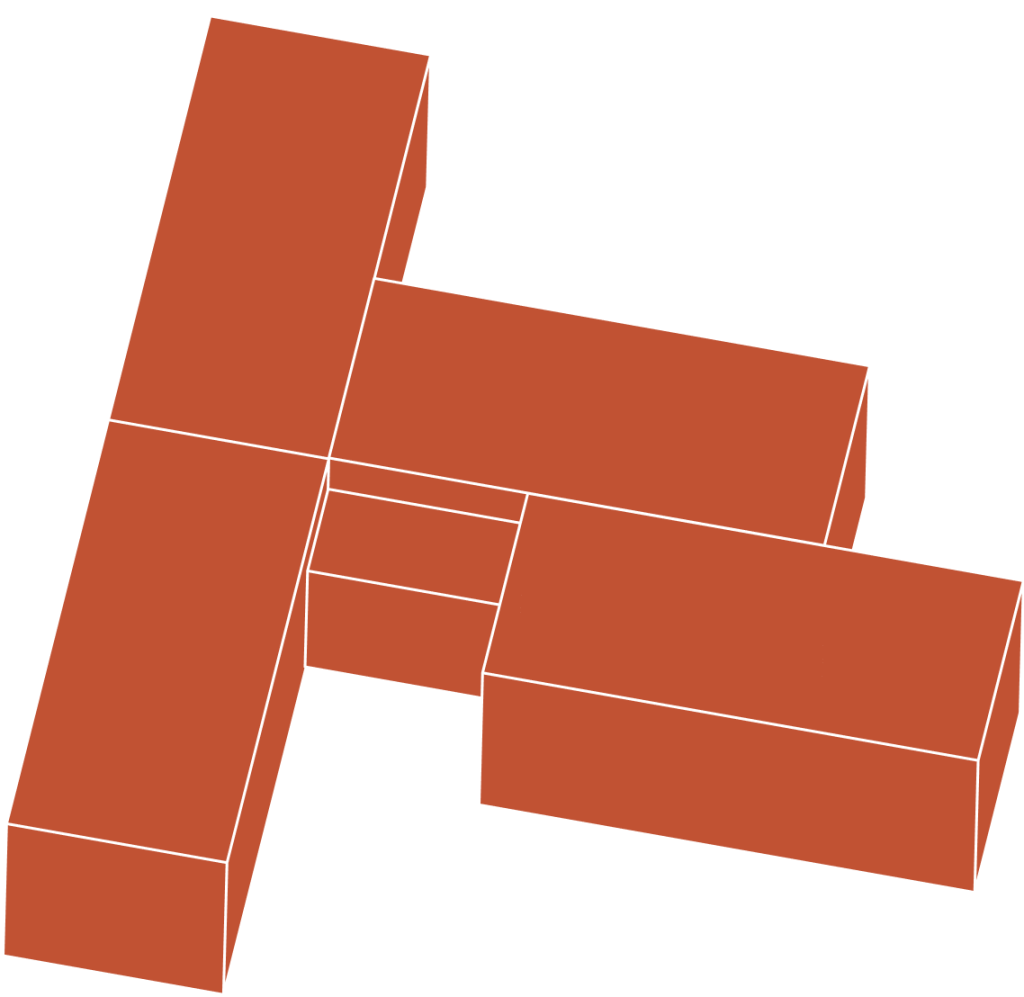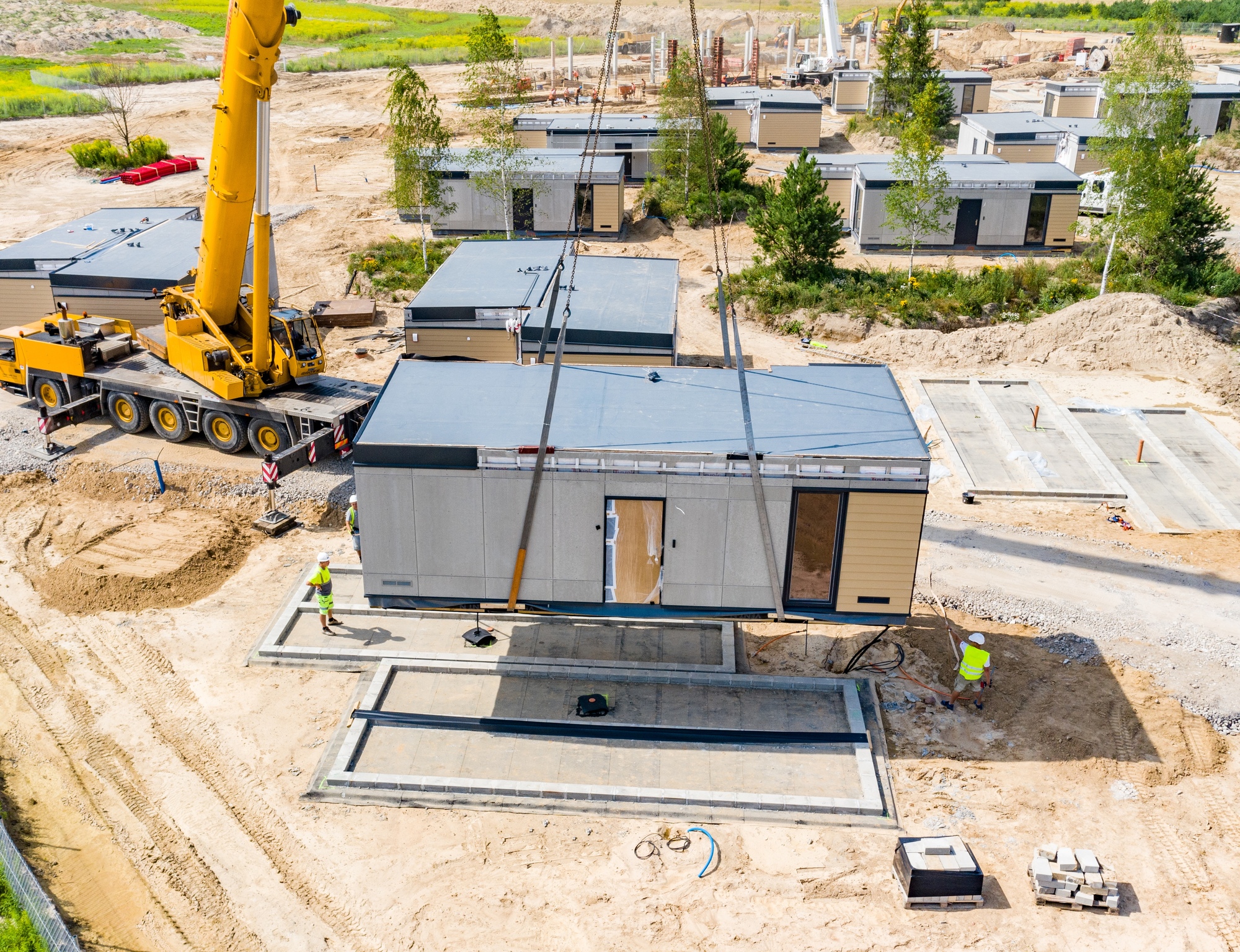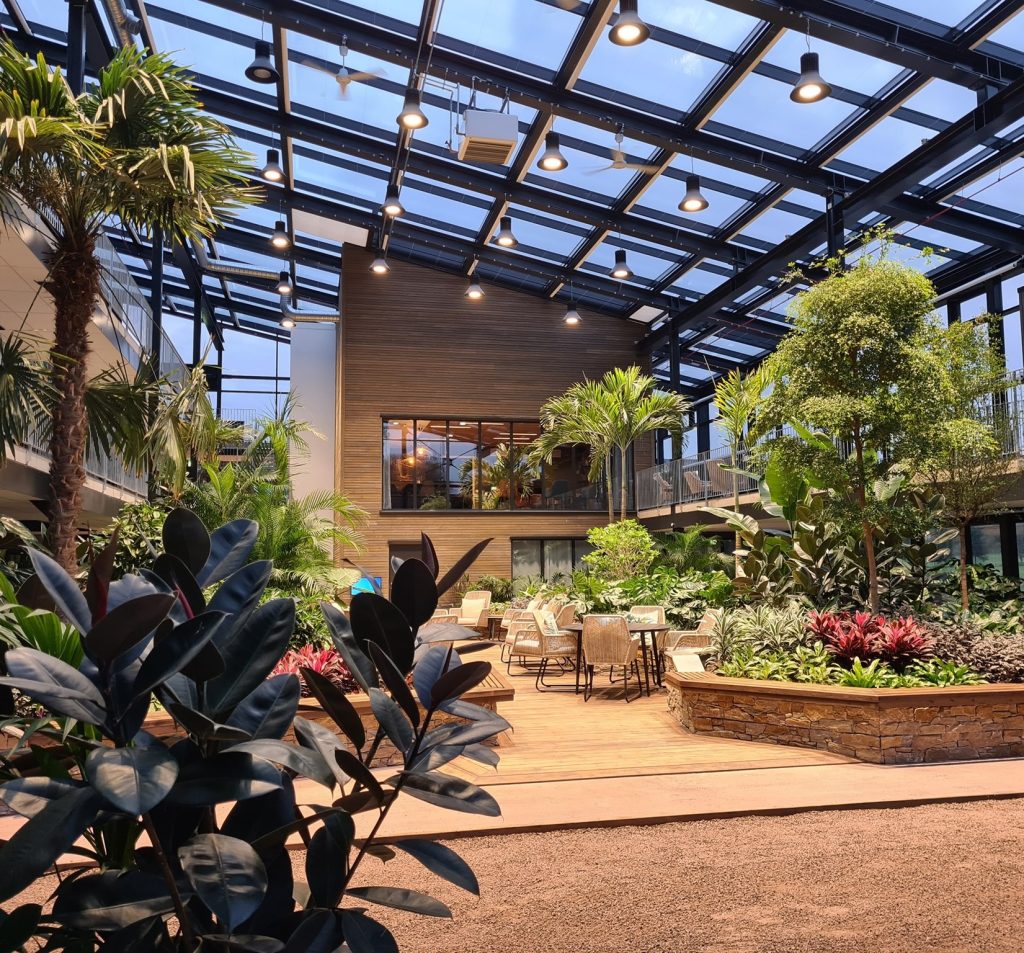

Time has become increasingly important in today’s fast-paced world, especially in the construction industry.
Traditional construction timelines can no longer keep up with market demands. Quicker construction allows us to accelerate housing supply, but it also means entities can start generating income from their investments earlier and achieve significantly faster Returns on Investment (ROI).
The integration of modular construction drastically shortens the time it takes to complete a building, getting your project up and running quicker than ever before.


An integrated, well-planned process that reduces on-site conflicts and surprises.
Projects are fully coordinated across all specialties (structural, architectural, MEP), with design conflicts and misalignments identified and resolved during the design and manufacturing phases.
This upfront coordination helps avoid rework, eliminate incompatibility, and minimise the delays commonly experienced in traditional construction.

By shortening the construction cycle, projects become more energy-efficient designs, have less material waste, and use fewer resources during the building process. Factory-based construction allows for better material management, reducing overproduction, over-ordering, and the waste that results from mismatched deliveries or unnecessary surplus.
Traditional construction often involves multiple shipments of materials over a prolonged period. This results in greater fuel consumption and carbon emissions. With modular, material transportation is planned more efficiently. This is because the majority of the work happens in factory settings, fewer trips are required, reducing overall carbon emissions associated with transporting materials.
Source: Modular Building Institute (MBI)